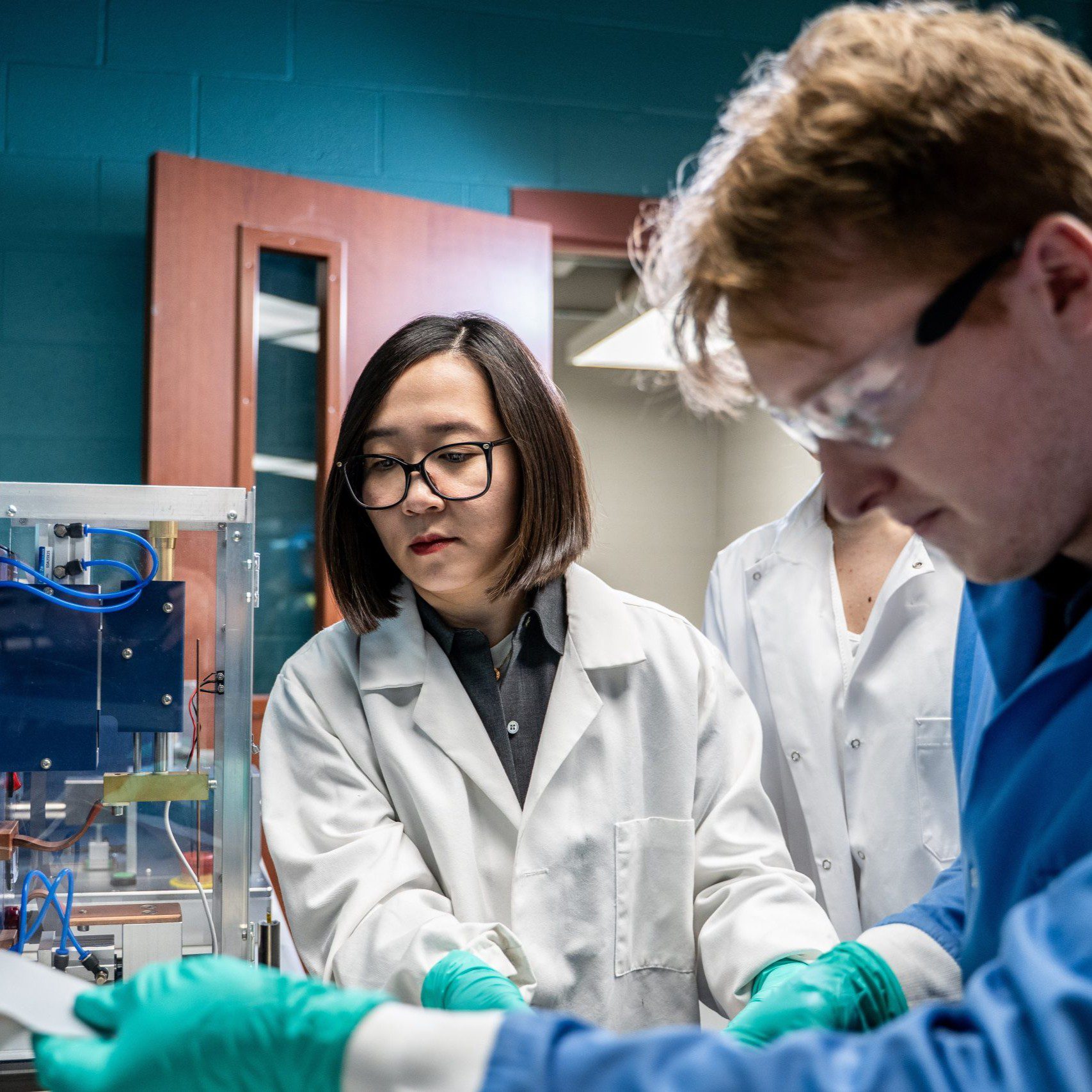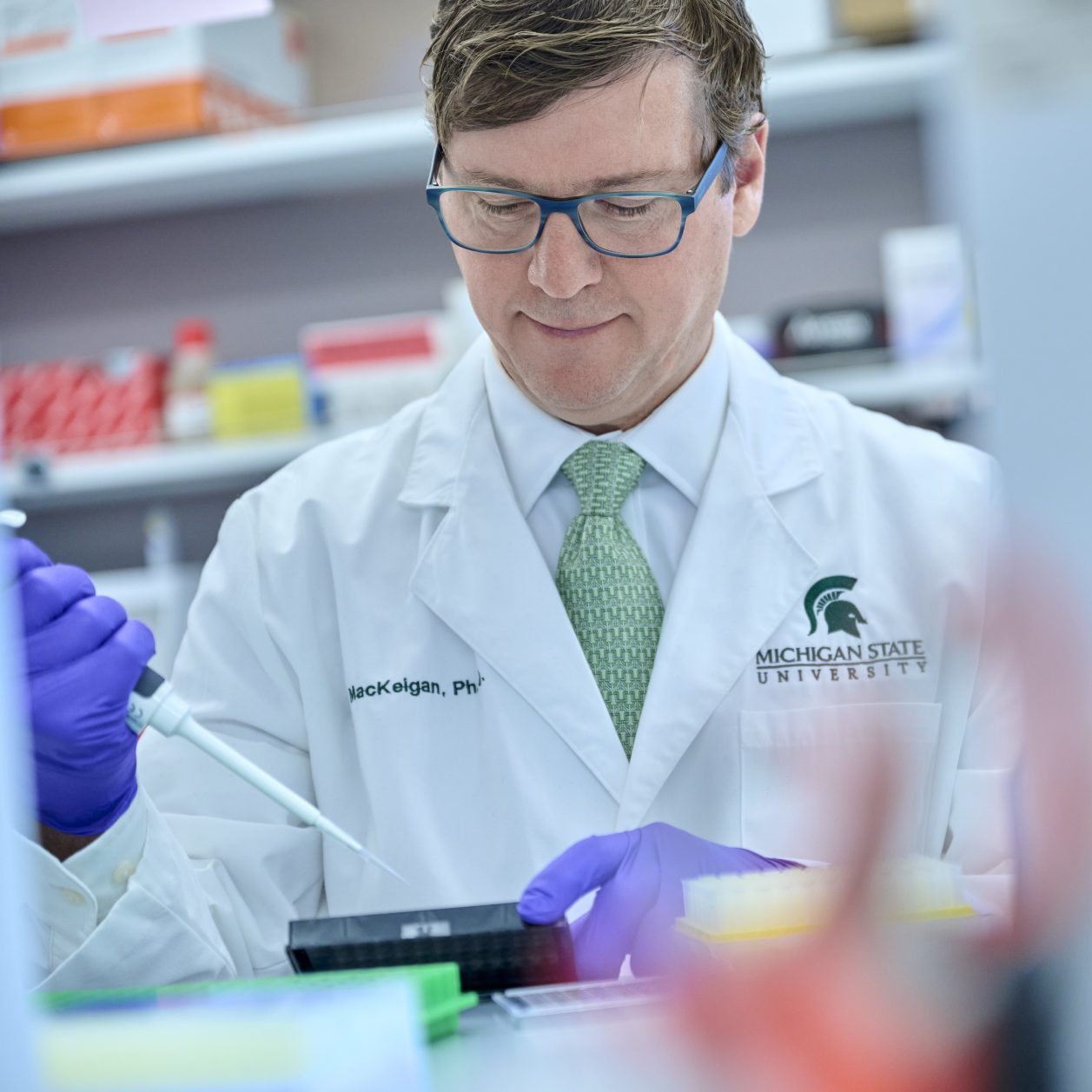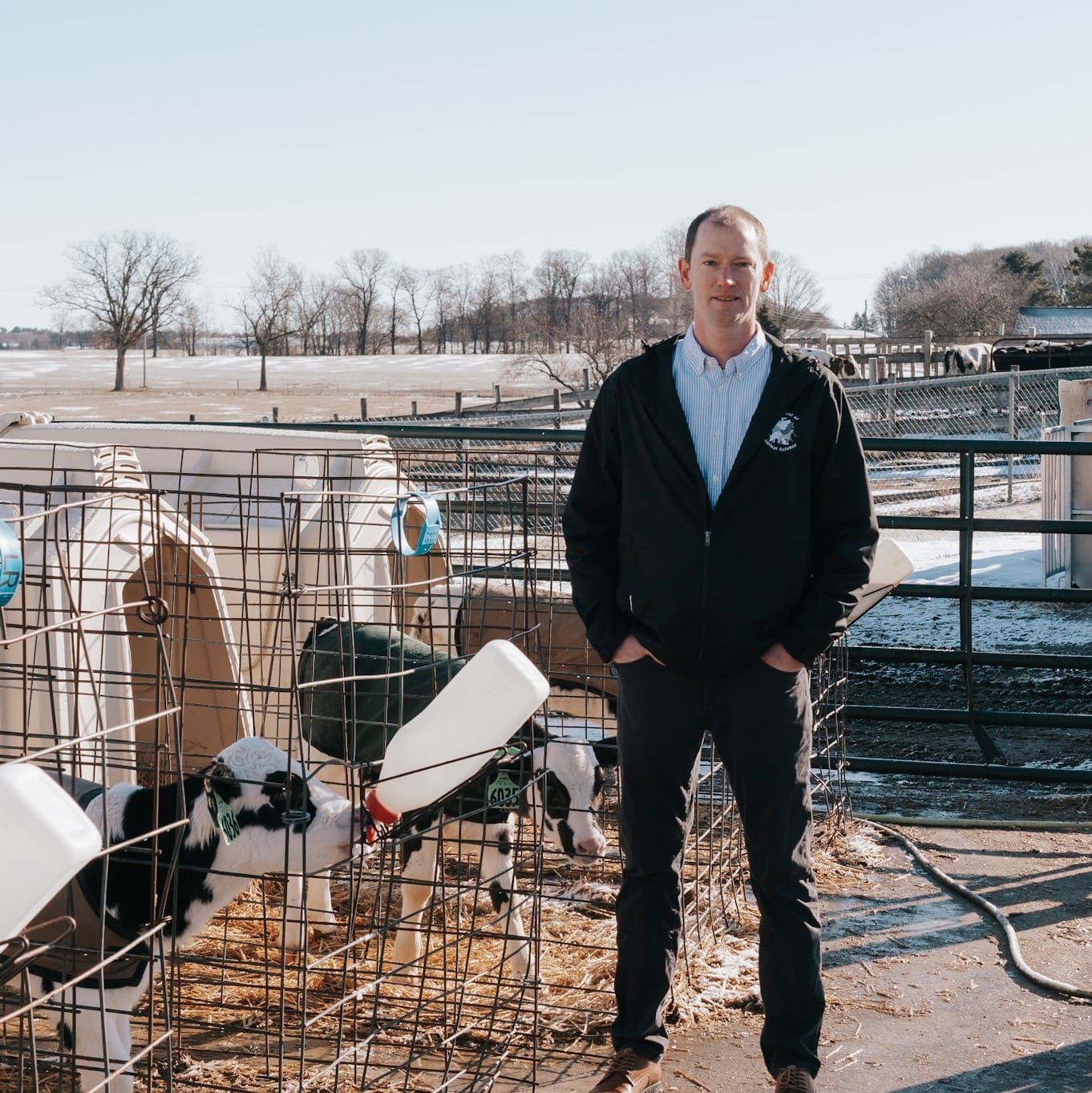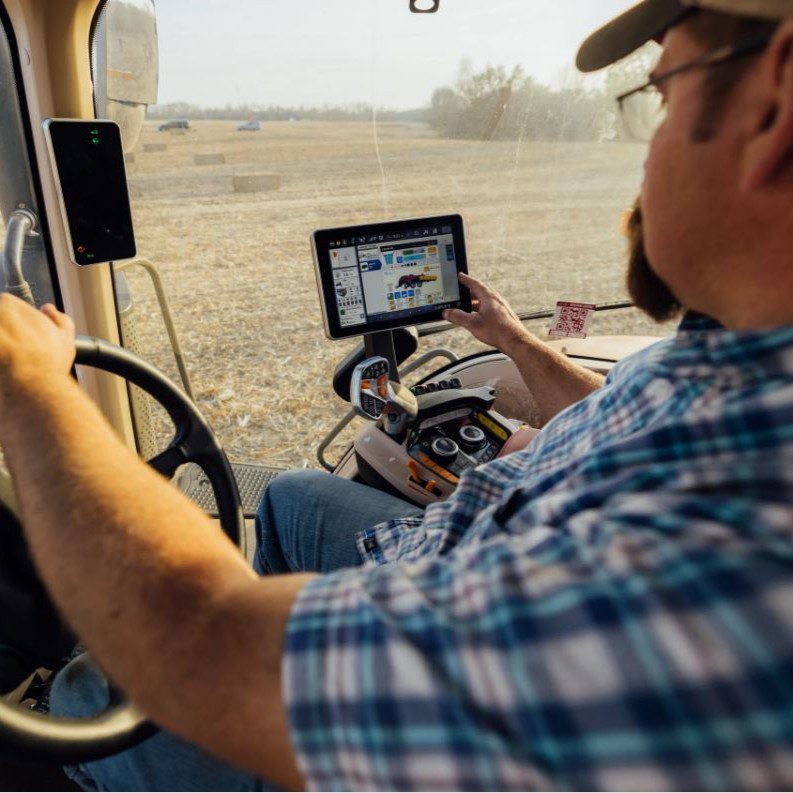Faculty Spotlight: Successful Collaborations

Greener Chemistry Through Lignin
At Michigan State University, Dr. Mojgan Nejad is leading a research revolution—reimagining lignin, a naturally abundant plant polymer typically discarded as waste, as a sustainable alternative to petroleum-based chemicals. In partnership with global companies AGC Vinythai and allnex, Dr. Nejad’s team is developing bio-based resins and coatings that eliminate the need for harmful compounds like bisphenol A (BPA). Her approach uses unmodified, commercially available lignins to create eco-friendly materials for applications in construction, automotive, aerospace, and packaging. This collaboration is a powerful example of how MSU faculty and corporate partners can jointly drive innovation that is not only scientifically significant but also scalable and economically viable. It’s a compelling success story of how university research can translate into real-world impact—delivering greener, safer solutions for industry and society.

Targeting Parkinson’s Together
Dr. Caryl Sortwell is leading a pioneering research initiative to uncover new therapeutic pathways for Parkinson’s disease, one of the world’s most complex neurodegenerative disorders. In collaboration with Takeda Pharmaceuticals, her team at the College of Human Medicine is exploring novel molecular targets and optimizing existing treatments to slow or halt disease progression. This university-industry partnership exemplifies the power of translational neuroscience—where academic insight meets pharmaceutical innovation—to address a growing global health challenge. With aging populations worldwide, the urgency for effective Parkinson’s therapies has never been greater, and MSU’s work is helping to bring that future within reach.

Bridging the EV Battery Gap
Dr. Chengcheng Fang, assistant professor of Chemical Engineering and Materials Science at Michigan State University, is tackling one of the electric vehicle industry’s biggest challenges: battery performance. In collaboration with automotive leaders like General Motors and Ford, Dr. Fang is developing next-generation lithium-ion batteries that promise higher energy density, faster charging, and improved cold-weather reliability. Her research aims to double EV driving range—up to 800 miles per charge—while addressing the critical gap between lab innovation and real-world application. This partnership exemplifies how MSU’s cutting-edge research and strong industry ties are accelerating sustainable transportation solutions with global impact.

AI-Powered Cancer Drug Discovery
Dr. Jeff MacKeigan, a leading researcher in MSU’s College of Human Medicine, is transforming how early-stage cancer drugs are discovered by teaming up with Atomwise, a pioneer in AI-enabled pharmaceutical development. Traditional drug discovery is notoriously slow and expensive, but with Atomwise’s AtomNet® platform—a deep learning system capable of screening billions of molecules virtually—MacKeigan’s lab can rapidly identify potential inhibitors that target cancer-causing proteins. These virtual “hits” are then validated in the lab to uncover promising paths for therapeutic development. With three research awards from Atomwise’s AIMS program, this collaboration exemplifies the power of blending academic expertise with cutting-edge industry technology. Together, they are not just accelerating the drug discovery process—they are shaping the future of precision medicine by building a smarter, faster, and more targeted approach to fighting cancer.

Fueling the Future of Dairy
At Michigan State University, Dr. Barry Bradford is transforming dairy farming through innovative research on nutraceuticals—bioactive compounds that enhance cow health and productivity while reducing environmental impact. In collaboration with global partners like Cargill and Natural Biologics, Bradford’s team is developing science-backed feed additives that improve digestion, boost immunity, and reduce the need for antibiotics. By using a cutting-edge cell-based screening platform, they can rapidly identify promising compounds that support animal welfare and sustainable milk production. This partnership-driven approach exemplifies how MSU research is delivering real-world solutions that benefit farmers, consumers, and the planet.

MSU Literacy Tool Targets Reading Gaps
Early literacy gaps can shape a child’s entire academic journey—but what if teachers could identify reading challenges before they take root? That’s the mission behind PAWPrints, a groundbreaking early assessment tool developed by Michigan State University researchers Dr. Lori Skibbe and Dr. Ryan Bowles. Designed to detect key foundational literacy skills in preschoolers, PAWPrints pairs a custom children’s storybook with a targeted educator-led assessment to identify students at risk of future reading difficulties. With strategic support from the MSU Innovation Center and a publishing partnership with Ventris Learning, this innovative tool is now helping educators across North America intervene earlier—and more effectively—when it matters most.

MSU’s Smart Tractor Redesign
Michigan State University’s collaboration with CNH Industrial exemplifies the power of cross-disciplinary innovation in action. Drawing on MSU’s deep expertise in agriculture, engineering, and human factors design, faculty members Dr. Tamara Bush and Dr. Sarah Swierenga led a research initiative to reimagine the user experience inside the CIH Magnum tractor cabin. By integrating insights from biomedical engineering, communication, and mobility design, the team developed a human-centered approach to improve operator comfort, safety, and efficiency. This partnership showcases how MSU’s commitment to real-world impact and corporate collaboration drives forward-thinking solutions in agricultural technology.
